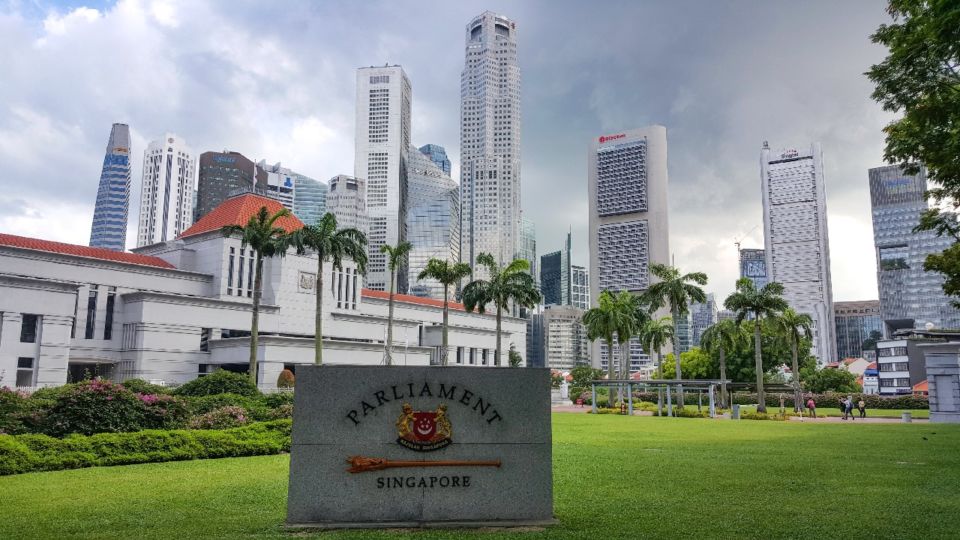Singaporeans are bracing for a new law that would hand the government even more power to control not just the media, but also businesses, civil society, or anyone deemed overly political in the name of deterring “foreign interference.”
More than 5,000 people have signed an online petition demanding more study and debate of the Foreign Interference (Countermeasures) Bill, or FICA, instead of rushing it into law just weeks after it was introduced. A separate petition urging the same was submitted to Parliament yesterday, ahead of the bill’s second and possibly third reading on Monday.
“Laws have permanent and far reaching consequences for a society. Negative outcomes may be the unintentional consequences of insufficiently precise language, definitions, and tests,” the parliament petition said. “Legislation may be complicated, time consuming, and costly in financial and social terms to amend later, especially after they are in place for some time.”
The biggest pain points of the bill were its broad definitions and seemingly unfair procedural rules, with jail time and hefty fines as penalties. Corporate entities may be subject to fines of up to S$1 million.
“This can affect legislative and administrative efficiency adversely. Singaporeans have an interest in a law that is more resistant to the potential for misinterpretation, misapplication, or even abuse in future,” it added, proposing that a separate committee look into the bill.
It is arguably the most ominous bill to be introduced in Parliament since the Protection from Online Falsehoods and Manipulation Act surfaced in April 2019.
“We cannot cede any more ground to authoritarian rule,” said activist Kokila Annamalai. “FICA coming into force means surrendering what little civil freedoms remain for the people of Singapore.”
The 249-page FICA bill is ostensibly aimed at stamping out foreign influence to protect the public by targeting “electronic communications activity” and persons deemed “at-risk because they are politically significant.” Multiple generalizations have been given to justify its public benefit, including “to prevent any foreign interference directed towards a political end in Singapore.”
Critics fear it will be used as another tool to silence debate and dissent. The threat of “foreign interference” has been raised by the government to go after independent voices such as The Online Citizen and New Naratif because some of their donors may reside outside the city-state.
“Foreign interference” can refer to any kind of foreign entity, including businesses, government, political parties, or a government-related individual. Electronic communication cover SMS, MMS, social media, a “relevant electronic service” and an “internet access service.”
The bill would give the home affairs minister a wide range of powers, including the ability to take down online content, bar online media platforms from earning revenue, or order people to disclose foreign links. The avenues of appeal are also limited to the minister or a reviewing tribunal appointed by the president, while judicial review in open court is limited only to procedural matters.
Harpreet Singh Nehal, a managing partner at the Audent Chambers law firm, pointed out in an op-ed the risk of criminalizing legitimate activities between foreigners and locals, and the difficulty in challenging FICA decisions.
“One can easily imagine a wide range of public policy issues that are currently, or which may in future become, the subject of political debate in Singapore where there is legitimate reason for concerned Singaporeans to ‘collaborate’ with international experts, researchers and NGOs,” he said, pointing out causes such as climate change, trade policy, and treatment of foreign workers.
“Legitimate activity undertaken by Singaporeans cannot translate into illegitimate ‘foreign interference’ simply because of a mere collaboration with private foreign citizens. Such citizen-led activities are par for the course in any democracy,” he added.
He suggested that the procedural rules be separately approved by Parliament so that members may “scrutinize them and assess their fairness.”
Other stories:
Ubisoft Singapore ignores questions about its treatment of workers at industry panel
US: Avoid unnecessary travel to Singapore




